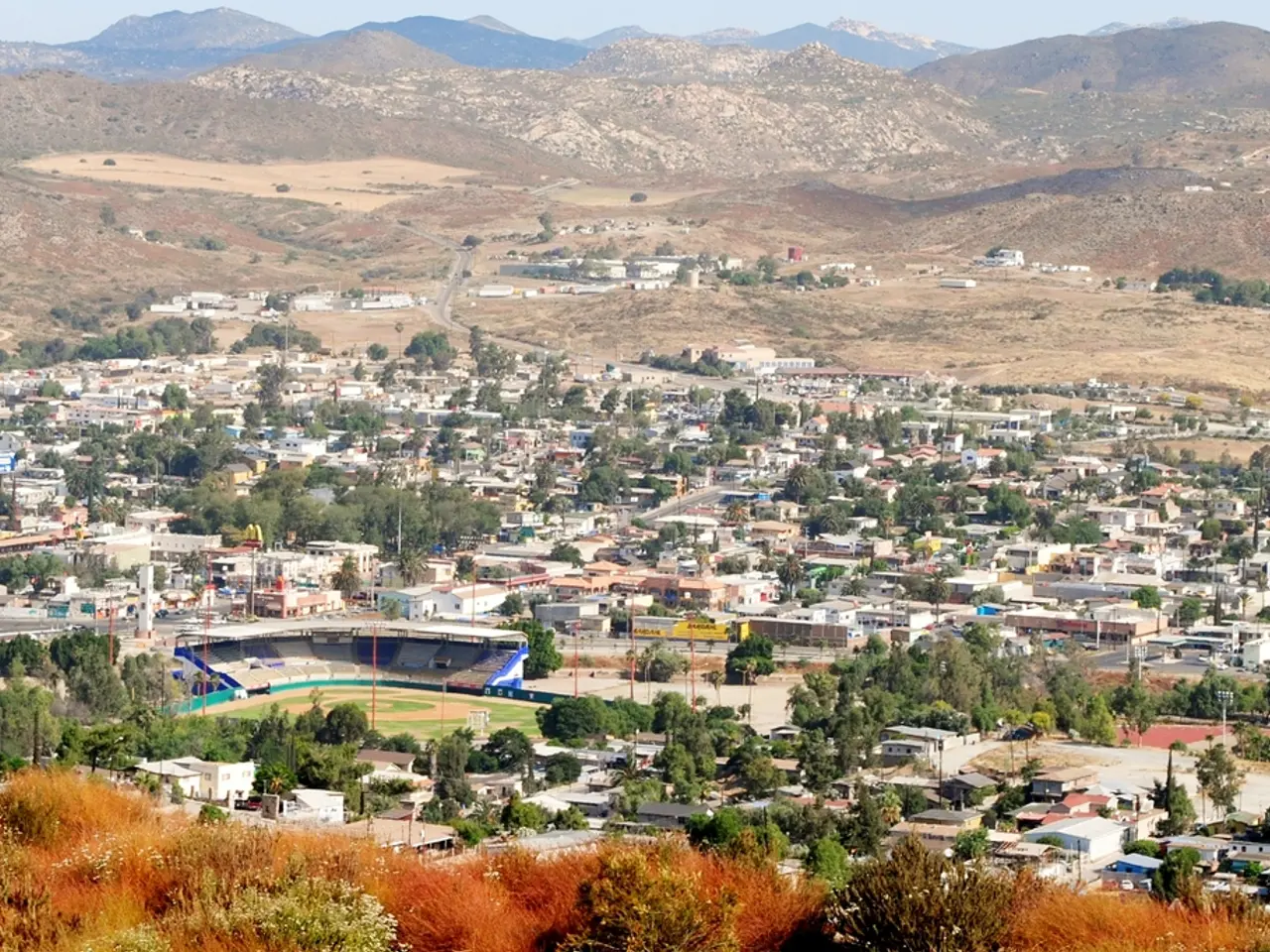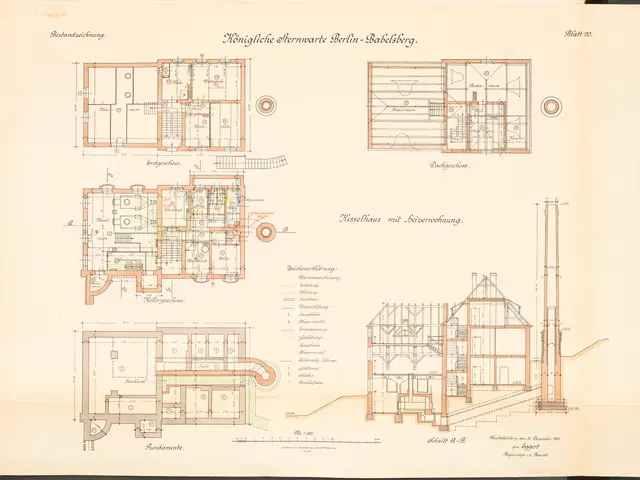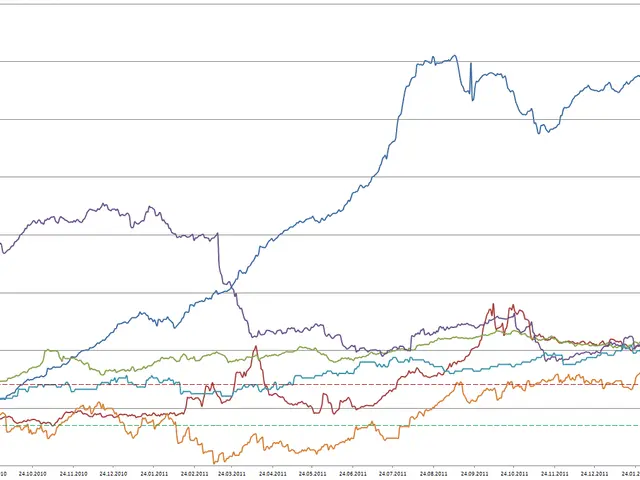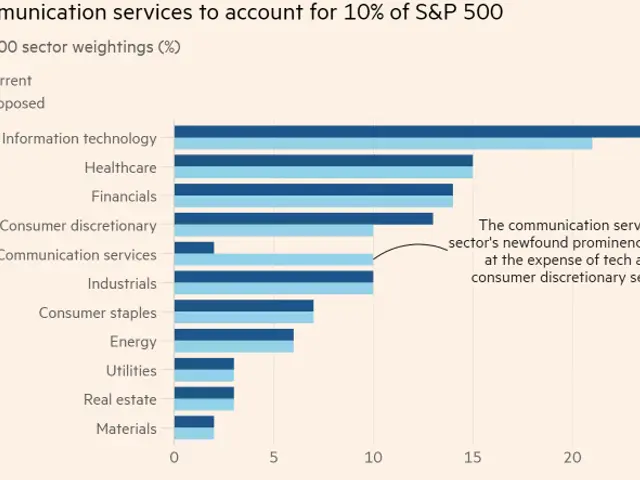A turbulent week in the global real estate sector marked by lavish billionaire explosions and intense housing shortages (September 6-7, 2025)
In the first half of 2025, the global real estate market has shown a mix of resilience and vulnerability. Here's a snapshot of the current state of play across various regions.
European commercial real estate markets are experiencing a slowdown, with transaction volumes expected to be only half of the levels seen in 2022. The reasons for this stagnation include soaring interest rates and economic uncertainty. In contrast, the UK housing market has shown remarkable resilience, with a 0.3% increase in house prices in August, setting a new average price record of £299,331.
Across the Atlantic, the U.S. housing market is showing initial signs of relief for buyers, with mortgage interest rates reaching their lowest level since October 2024. This sharp decline is attributed to weak employment data and hopes of Federal Reserve rate cuts. However, the U.S. office market is in a deep recession, with the national office vacancy rate reaching a record 20.7% in the second quarter of 2025.
In Asia-Pacific, Japan is emerging as a magnet for investment, with European asset manager PATRIZIA acquiring a portfolio of 14 residential properties in Tokyo, totaling around 800 units. Meanwhile, China's real estate sector is in a deep crisis, with housing sales and prices stagnating nationwide and major developers like Evergrande and Country Garden facing financial troubles.
The Middle East, particularly Dubai, is experiencing a real estate boom. Dubai's real estate market reached new records with 51,000 homes sold in the second quarter of 2025. However, some analysts are warning of a 2009-like bubble due to soaring prices.
Africa is seeing a shift in the real estate landscape, with local investors reshaping markets, particularly in Nigeria, where pension funds have increased real estate allocations by around 418% (~USD 51 million) in the first half of 2025.
In Latin America, high interest rates and political uncertainties define the housing market. Mexico's real estate investments are expected to reach MXN 652 billion (USD 38 billion) by 2025. In Brazil, the central bank has launched a "bridge" financing plan to support housing loans by tapping savings deposits.
Canada's housing market is experiencing a significant downturn, with August sales falling by 1.8%. Toronto, in particular, is seeing a rise in new listings, providing more options for buyers. However, affordability concerns persist, with 60% of Canadians unsure whether this is a good time to buy, the highest level since 2023.
South Africa continues to struggle with a weak housing market due to high unemployment and low demand. The central bank's interest rate cuts aim to stimulate a modest recovery in the housing market.
Lastly, Saudi Arabia has opened its real estate market to foreign investors with a new law allowing them to buy property in designated areas like Riyadh and Jeddah.
As we move into the second half of 2025, the global real estate market will continue to be shaped by economic conditions, interest rates, and investor confidence.







